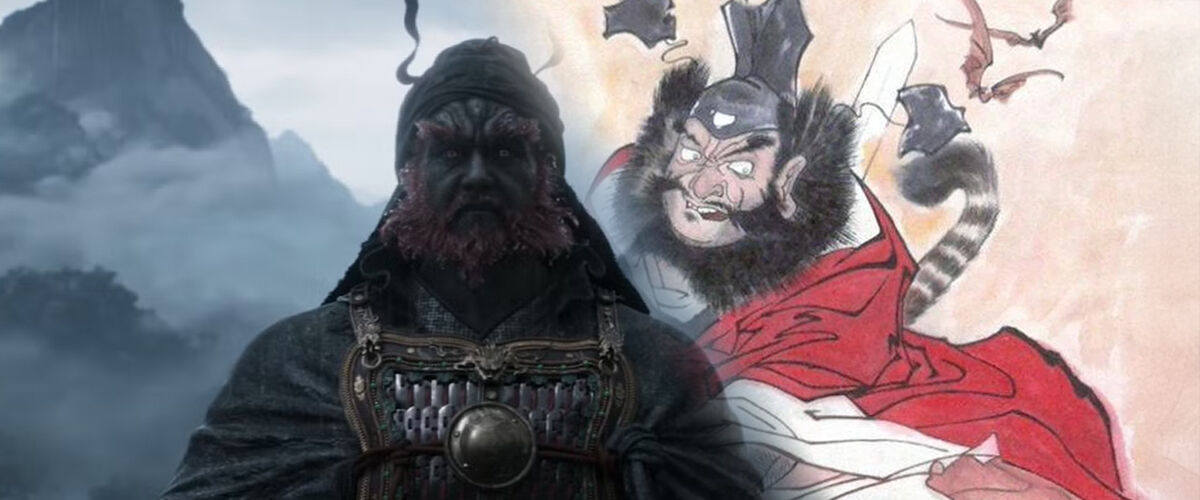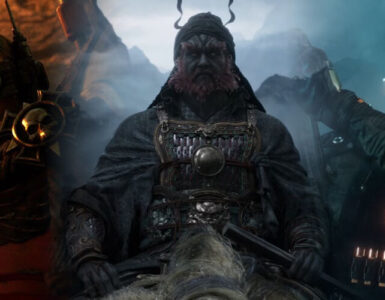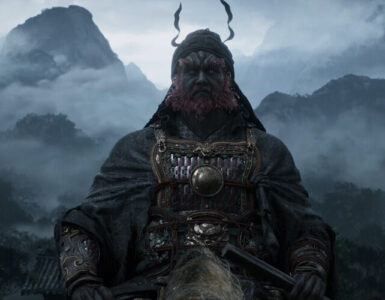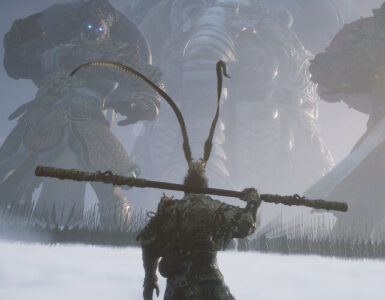His name might not have rang any bells when game publisher Game Science announced Black Myth: Zhong Kui as the sequel to its 2024 global smash hit, Black Myth: Wukong at Gamescom 2025, but it’s no surprise that the Chinese game developer is bringing Taoist deity Zhong Kui (钟馗) to the forefront in its follow-up to the Monkey God role-playing game (RPG). The ghost-busting folklore hero is an equally significant figure in Chinese mythology, traditionally regarded as a vanquisher of ghosts and evil beings, which is probably why he’s the face of the highly anticipated sequel.
Announced during Gamescom 2025’s Opening Night Live (ONL) showcase, the upcoming title ended the event with a bang as the last trailer of the show, featuring a magnificent cinematic sequence, which concluded in the reveal of Zhong Kui himself, sat atop a hulking tiger.
With the game seemingly still in its early development stages (all we have is just a two-minute cinematic, after all), there’s no better time to brush up on Chinese mythology and folklore, and find out who Zhong Kui is.
Often depicted in folklore as a large man with a massive black beard and bulging eyes, Zhong Kui was originally a talented scholar from the Tang Dynasty (618 – 907). As the legends go, Zhong Kui took part in the imperial examinations, a state-wide test used to become a government official, only to be denied his due recognition as the top scholar (状元) due to his unattractive appearance.
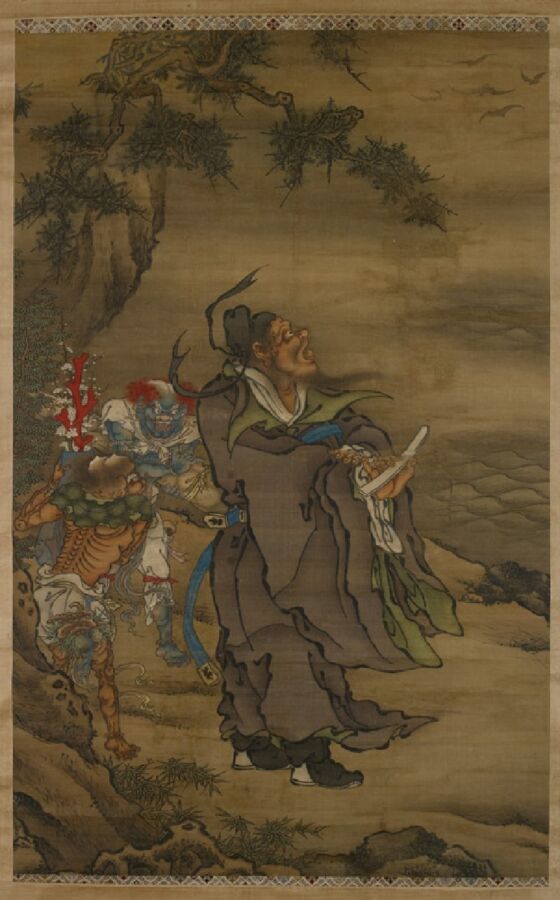
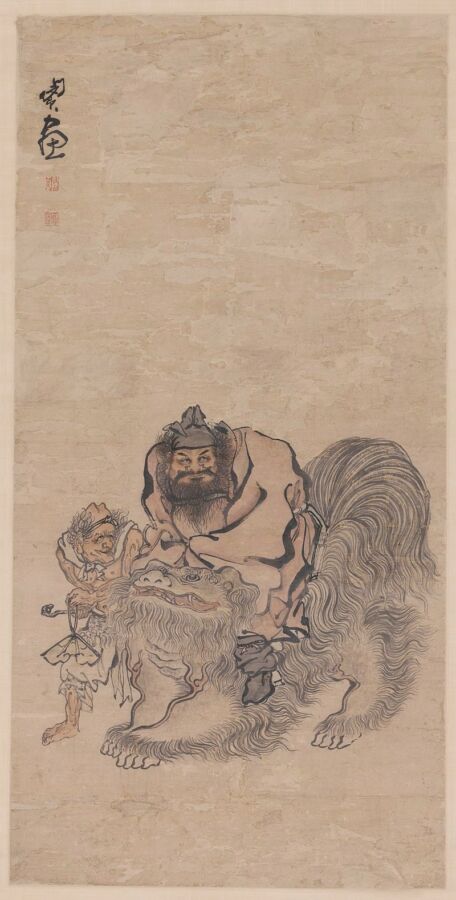
Devastated by this unfairness, Zhong Kui committed suicide by hitting his head repeatedly against the palace gates, landing in the Underworld. During his divine judgment after his death from suicide, celestial beings saw potential in Zhong Kui due to his intellect and righteous spirit, granting him the title of a minor deity, specifically the “King of Ghosts”, and tasked him to become a protector against evil spirits, catching and subduing the ghosts that harm the mortal world.
Zhong Kui rose to popularity in folklore during the reign of Emperor Xuanzong of Tang China, where it was once said that the Emperor fell gravely ill, believed to be haunted by spirits. In a dream, Zhong Kui appeared before the Emperor, catching and subduing the ghosts that tormented him. When the Emperor awoke, he had magically recovered from his illness, leading him to commission a court painter to draw an image of Zhong Kui catching ghosts, solidifying his role as a divine ghost hunter.
Originally depicted in a battered robe and cap in earlier art and drawings, this depiction was later changed to a grander vermilion court robe and a black gauze cap, Zhong Kui is often represented with a wrathful expression and a symbol of justice and righteousness, sometimes shown with a sword in hand. The deity is also associated with five bats of fortune, symbolising the five blessings “五福” (wǔ fú), as in Chinese, the word “蝠” (fú) for bat homophones with the word “福” (fú), for fortune, signifying good fortune and luck in Chinese culture. Other depictions show him next to various ghost servants, or a mighty beast like a tiger, as in legends, Zhong Kui is also known for being able to command 80,000 demons to do his bidding, further cementing his influence in the spiritual realm.
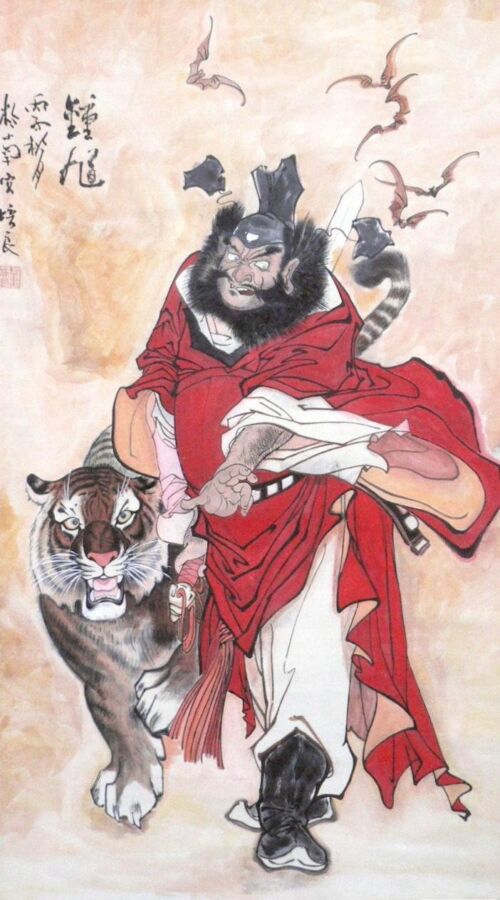
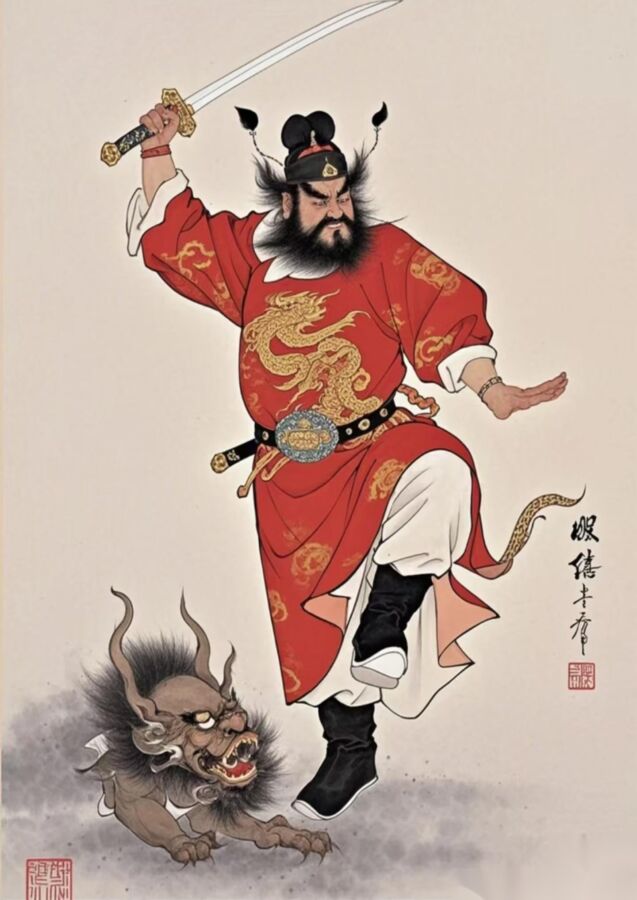
Today, Zhong Kui is seen as a powerful symbol of protection and good fortune, with images of the deity often hung in homes and businesses, particularly during the Lunar New Year, to ward off evil spirits and misfortune. His popularity has also given rise to the idiom “Da Gui Jie Zhong Kui (打鬼借钟馗)”, or “Borrowing Zhong Kui’s name to fight ghosts”, which signifies completing a task as though it is done for someone of a higher power or status.
So if Zhong Kui is that well-known and popular, surely there have been movies or TV shows about the character? Yes, and there have been Chinese, Taiwanese and even Singapore TV series, as well as, though not all are widely available and if you’re looking for an English version, the options are even more limited.
If you understand Mandarin, check out Strange Encounters (奇缘, 1988) from the then-Singapore Broadcasting Corporation (SBC). The 25-episode anthology series features seven tales adapted from folklore and war poems, and the last story, beginning from Episode 21, is a five-episode Zhong Kui story, starring beloved Singapore actor Huang Wenyong as the ghost buster.
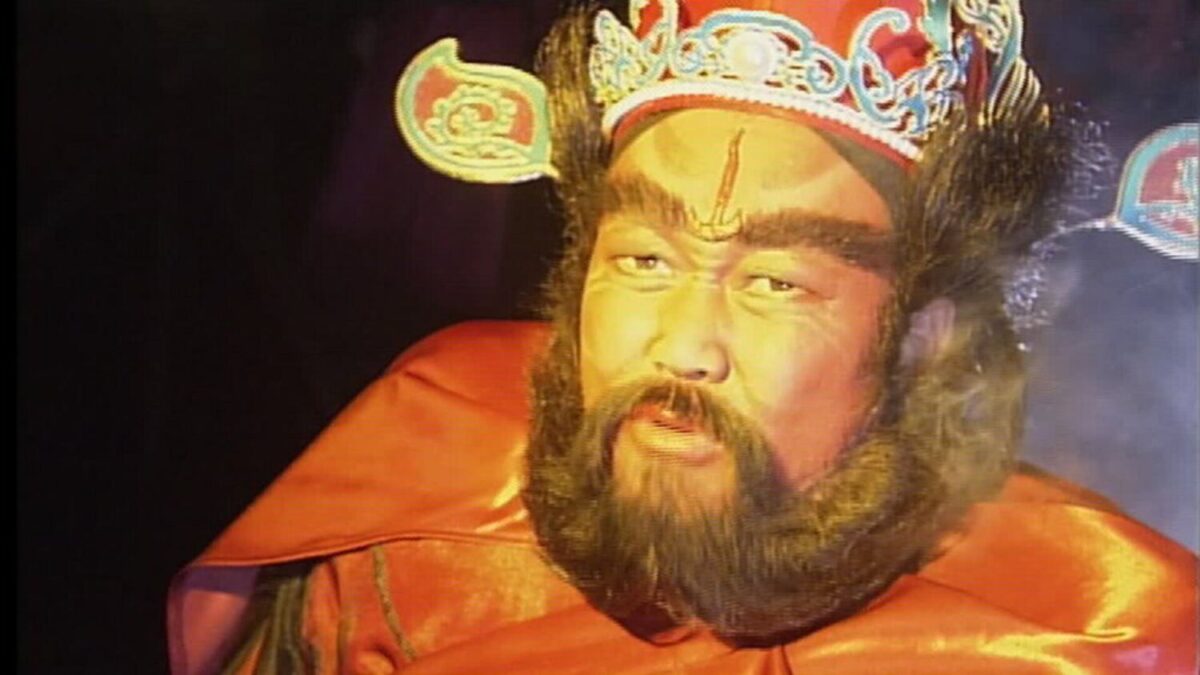
Subsequently, there was a 30-episode Heavenly Ghost Catcher (天师钟馗) in 1994, a joint Singapore and Taiwan production starring Golden Bell Award winner Jin Chao-chun (金超群) as the legendary ghost catcher. Unfortunately, both shows are on Singapore’s Mediacorp’s rather slow but free MeWatch streaming service, and there doesn’t seem to be English subtitles.
On the China side of things, there is Hong Kong actor, Bobby Au-Yeung, who starred as Zhong Kui in 2010’s Ghost Catcher – Legend of Beauty (天师钟馗) and 2012’s The Legend of Zhong Kui (钟馗传说), which is available on YouTube.
On the film side, noted Hong Kong cinematographer Peter Pau directed 2015’s fantasy film Zhong Kui: Snow Girl and the Dark Crystal (钟馗伏魔: 雪妖魔灵, also known simply as Snow Girl and the Dark Crystal) and if you are looking for a modern retelling, check out 2020’s The Devil Punisher (天巡者), a Taiwanese series currently streaming on Netflix (depending on which part of the world you’re in).
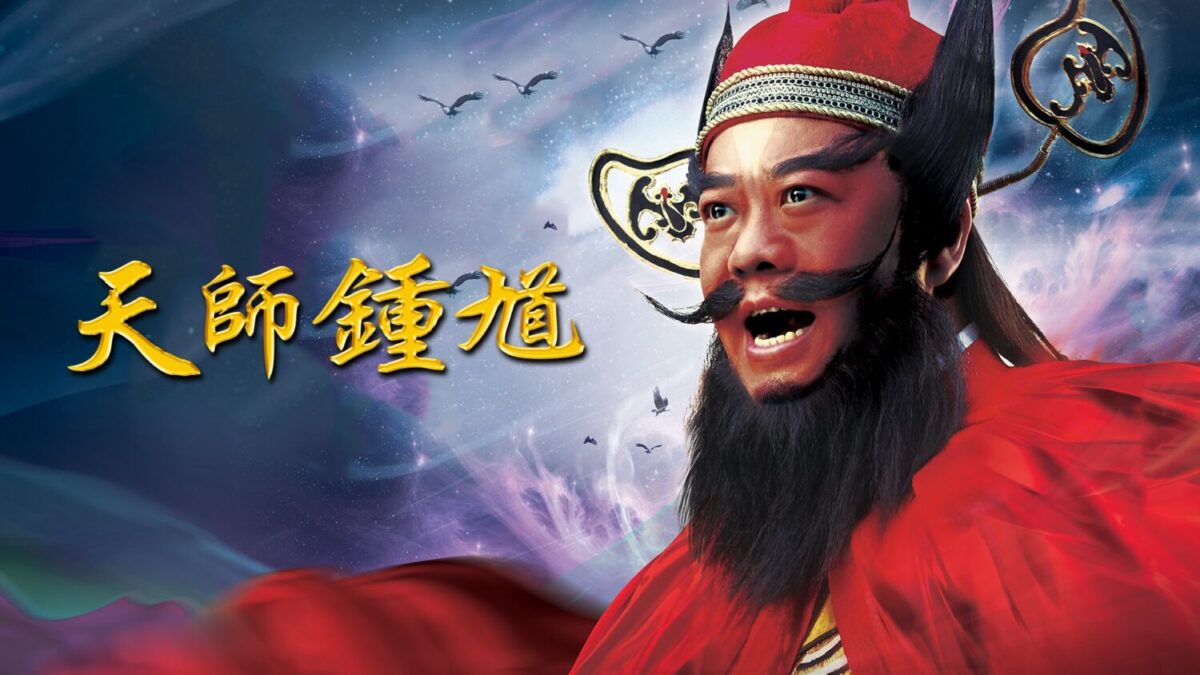
With the portrayal of a deity so powerful within the spiritual realm, it remains to be seen how he will be brought to life in Black Myth: Zhong Kui. There are already hints that his tiger companion might play a major role, possibly in combat, but what about his other abilities? Perhaps he would be able to summon spirits, or bats, to aid him in battle? It’s unclear for now, but one thing is for certain – Game Science’s next adventure is one to keep an eye on, and one that looks to tap into the success of its predecessor, or maybe even surpass it with yet another legendary figure from Chinese mythology.

